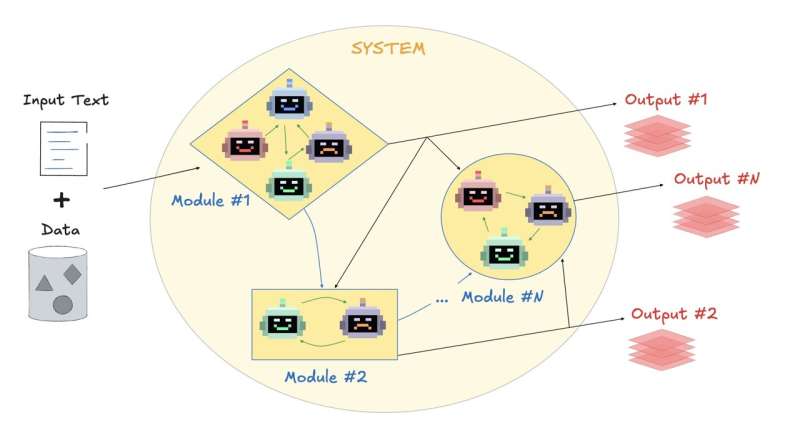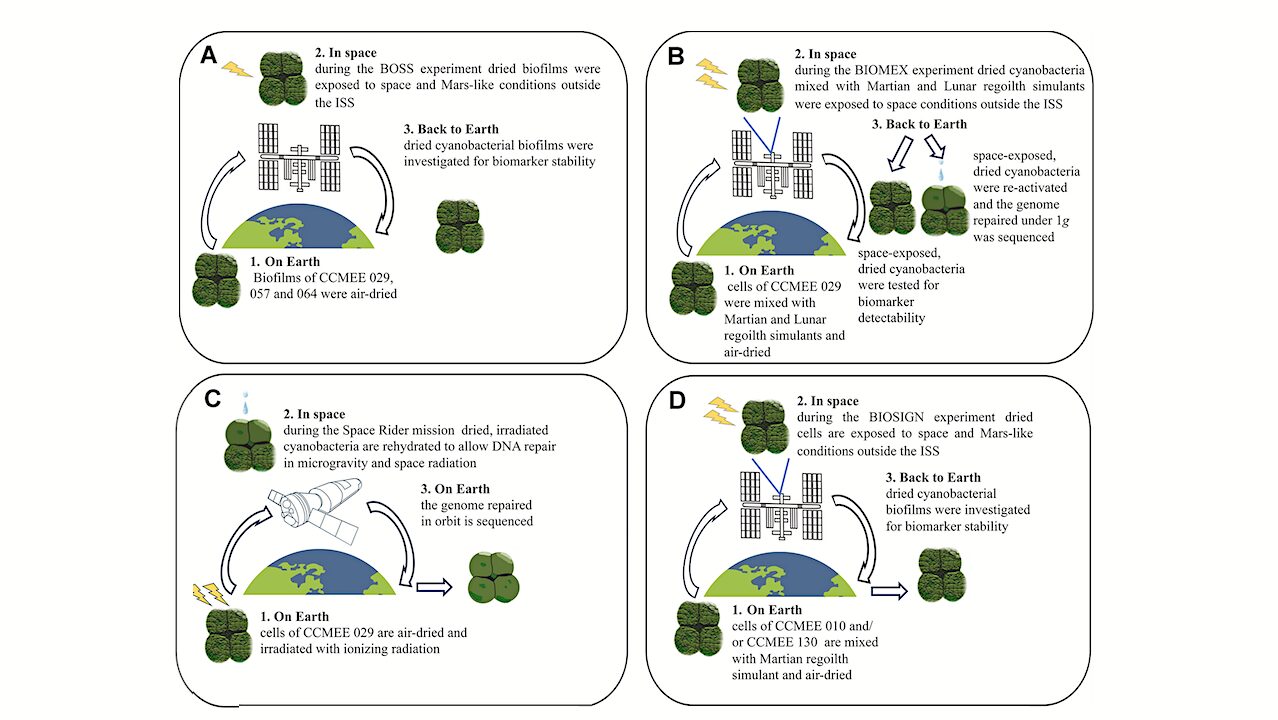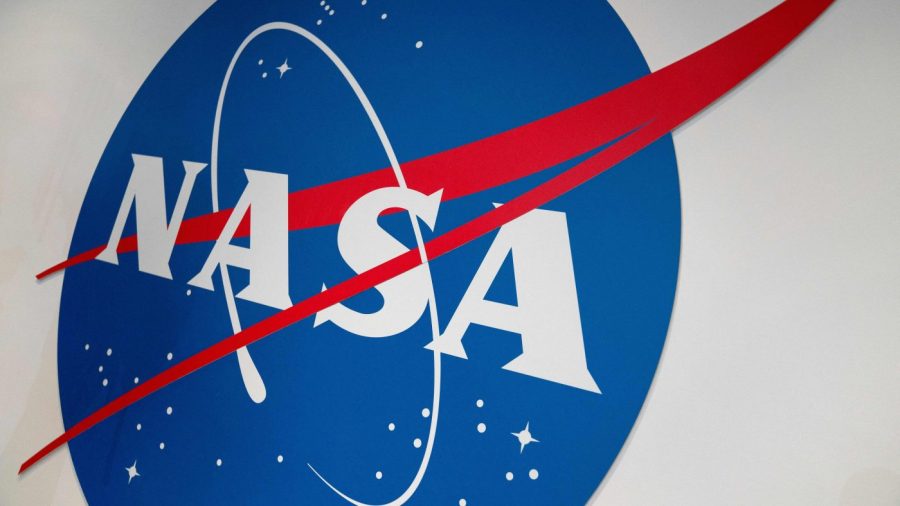Researchers have introduced an innovative AI-driven tool called Denario that aims to enhance the scientific research process. Developed collaboratively by teams from the University of Cambridge, the Flatiron Institute, and the Autonomous University of Barcelona, Denario assists scientists in formulating research questions, analyzing data, and drafting scientific documents.
This cutting-edge assistant employs advanced language models to facilitate a range of tasks, from generating new hypotheses to compiling manuscripts. The creators believe that Denario will not only streamline research but also encourage interdisciplinary collaboration among scientists.
While current AI tools, such as ChatGPT, can perform specific tasks like visualizing data or writing abstracts, Denario stands out by integrating multiple steps of the research process into a single platform. As outlined in a paper published on the arXiv preprint server, the development team is optimistic that Denario will broaden the scope of scientific inquiry and expedite the research timeline.
Francisco Villaescusa-Navarro, a primary developer from the Flatiron Institute, emphasized the tool’s potential to inspire new ideas. “Sometimes the most interesting thing is the idea, because maybe it’s a new idea that hasn’t been explored,” he stated. This sentiment reflects the team’s goal of making scientific exploration more dynamic and innovative.
Despite its capabilities, the developers caution against viewing Denario as a replacement for human researchers. The current version has notable limitations; only about 10% of its outputs offer valuable insights, and there have been instances of fabricated data. As a result, human oversight remains critical in evaluating Denario’s contributions.
The project is led by Dr. Boris Bolliet from Cambridge, alongside Pablo Villanueva Domingo from the Autonomous University of Barcelona and Villaescusa-Navarro. The team comprises experts from various fields, including astrophysics, biology, chemistry, and machine learning, reflecting a collaborative effort across disciplines.
Denario is built on a modular architecture, allowing users to select components tailored to their research needs, whether that involves coding, summarizing results, or exploring new ideas. The process begins when scientists upload a dataset along with a description of their goals. The initial AI agents work together to refine research ideas and ensure alignment with existing literature.
Subsequent agents analyze the data using a multi-agent system called CMBAgent. This system facilitates coding, debugging, and interpreting results. Finally, the writing and reviewing modules generate summaries of the findings. Villanueva Domingo explained, “The agents all work together to make it possible,” emphasizing the ease with which scientists can monitor and utilize each module.
Denario has undergone extensive testing across various scientific disciplines, including astrophysics, neuroscience, and materials science. Although many outputs have not met expert standards, the research team is encouraged by the 10% that have produced intriguing questions or findings. The interdisciplinary nature of Denario is particularly exciting, as it may uncover insights that specialists in one area might overlook.
The researchers hope that Denario will help scientists reclaim valuable time. “I hope that Denario will help accelerate science by providing researchers with tools that allow them to spend less time on menial tasks,” said Bolliet. The next phase of development aims to enhance Denario’s efficiency and improve the quality of its outputs, including the ability to filter out low-quality results.
Despite its promise, Denario faces significant challenges. Some final write-ups inadequately convey uncertainty in results, and the system struggles to reference previous studies clearly. Technical and ethical concerns also arise, particularly regarding the potential for AI-generated inaccuracies and issues surrounding copyright and authorship. The team has even implemented safeguards to prevent the generation of fabricated data.
As Denario evolves, the researchers are eager to engage in discussions about its role in scientific research and to address potential misuse. They attribute the project’s success to the collaboration between academia and industry, highlighting the importance of diverse expertise in advancing scientific discovery.
In summary, Denario represents a significant step forward in the integration of AI into the scientific process, with the potential to inspire new research directions and enhance efficiency. As the tool continues to develop, its impact on the future of research remains to be seen. More information on Denario can be found in the paper by Francisco Villaescusa-Navarro and colleagues, titled “The Denario project: Deep knowledge AI agents for scientific discovery,” available on arXiv.







